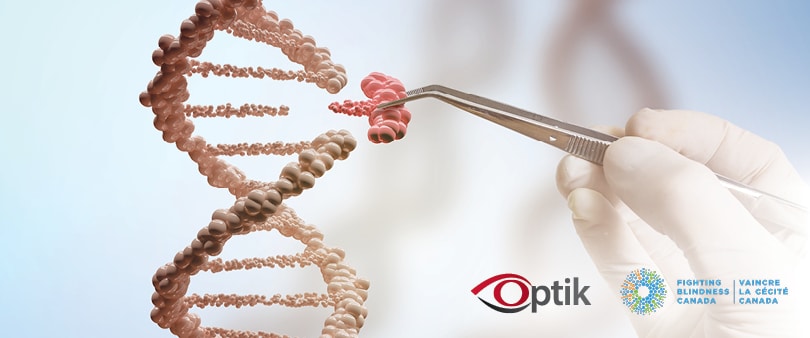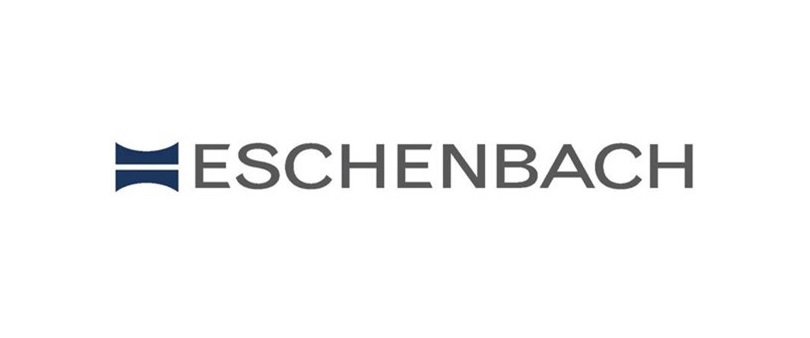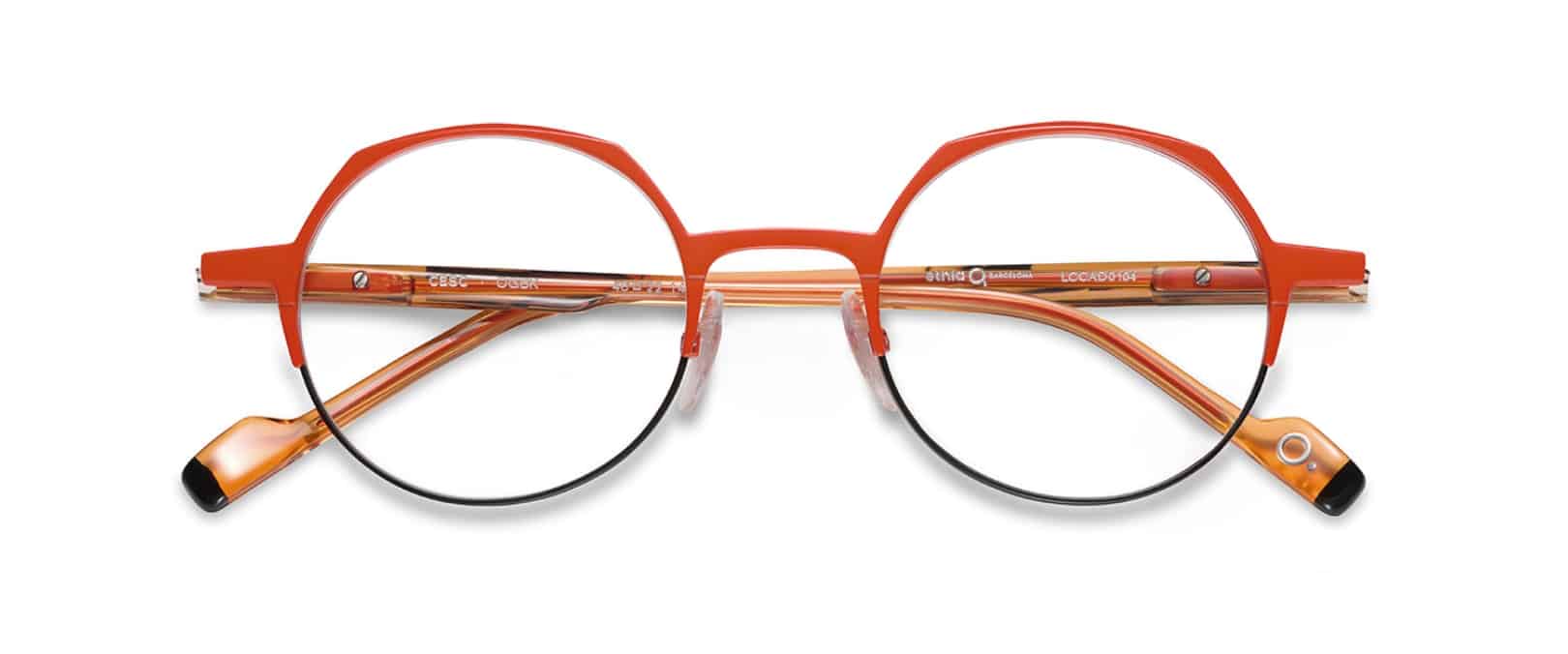Study Finds That Up to 30% of Patients with Wet AMD May be Able to Stop Anti-VEGF Injections
Wednesday, June 1 2022 | 13 h 57 min | Vision Science
In a new study from Johns Hopkins University School of Medicine, almost a third of patients with wet age-related macular degeneration (AMD) were able to safely stop anti-VEGF (anti-vascular endothelial growth factor) injections, the most common treatment for wet AMD.
This study, published in the Journal of Clinical Investigation followed 106 people who each received a customized injection schedule. Patients were monitored at each visit to see if they could pause injections. Within one year, approximately 31% of patients had stopped treatment, with the majority of these patients remaining treatment-free for up to two years. Patients were considered to be safely weaned off anti-VEGF treatment if they
went at least 30 weeks without an injection, without having fluid accumulating in the eye or worsening vision loss.
The researchers also analyzed fluid from patient eyes and found 172 molecules that were different between those who safely stopped treatment compared to those who continued with monthly injections. The researchers will continue to study these molecules to try and identify biomarkers that may help predict which patients can stop treatment early.
The next step will be to perform a randomized trial to test if the same results are seen with a larger group of patients. If so, in the future it could give some patients the opportunity to safely pause or stop anti-VEGF injections while still maintaining eye health.








